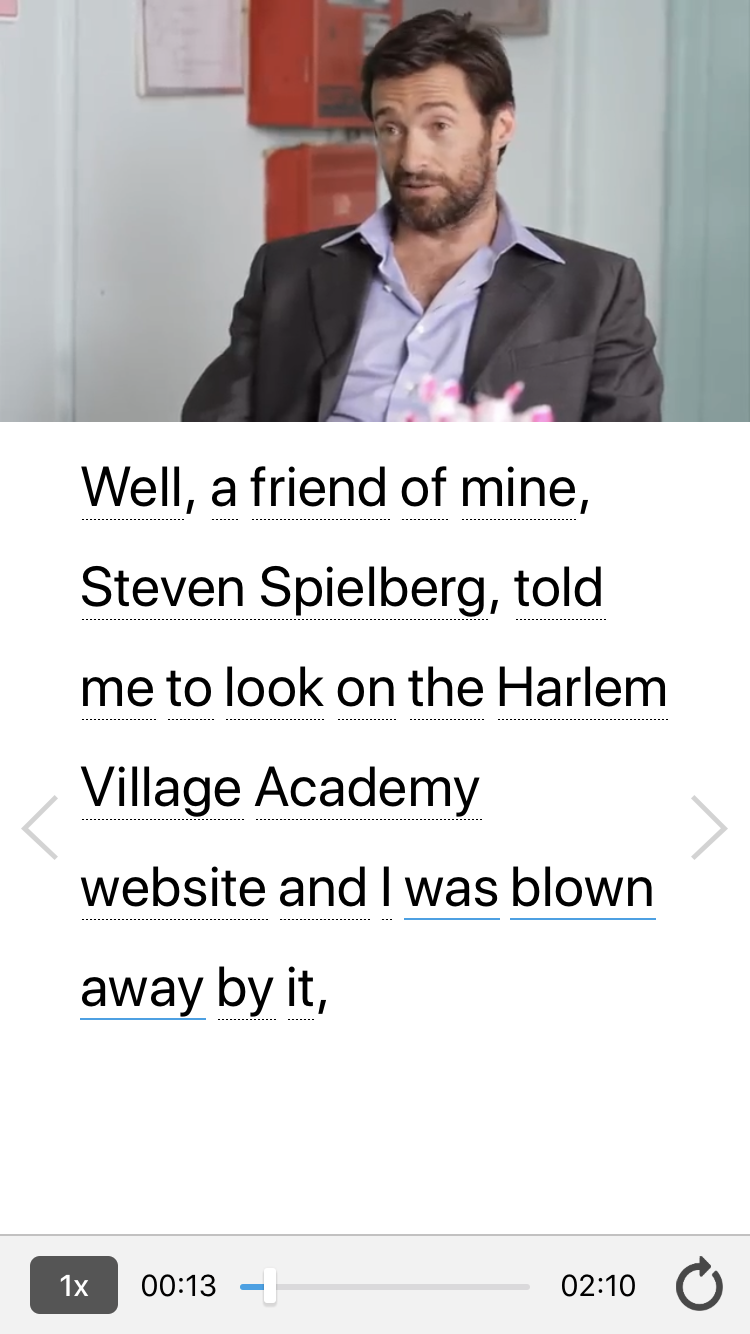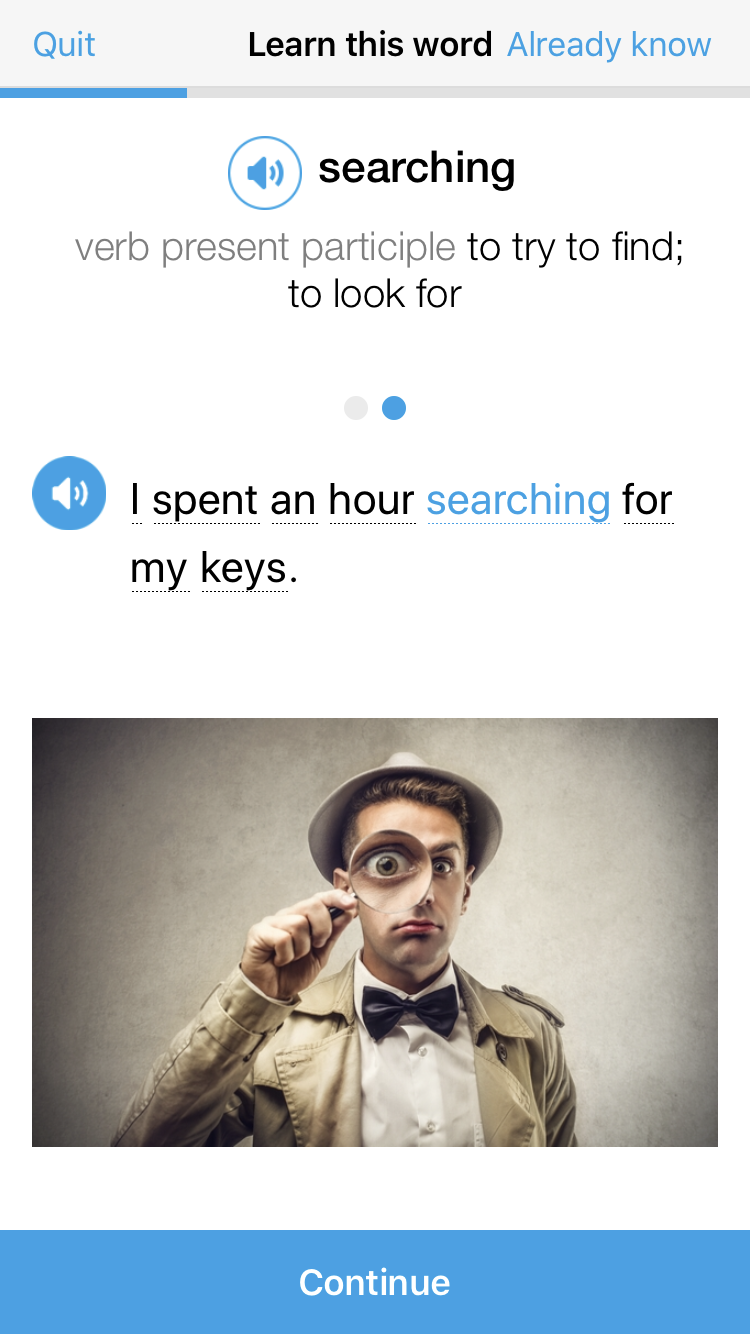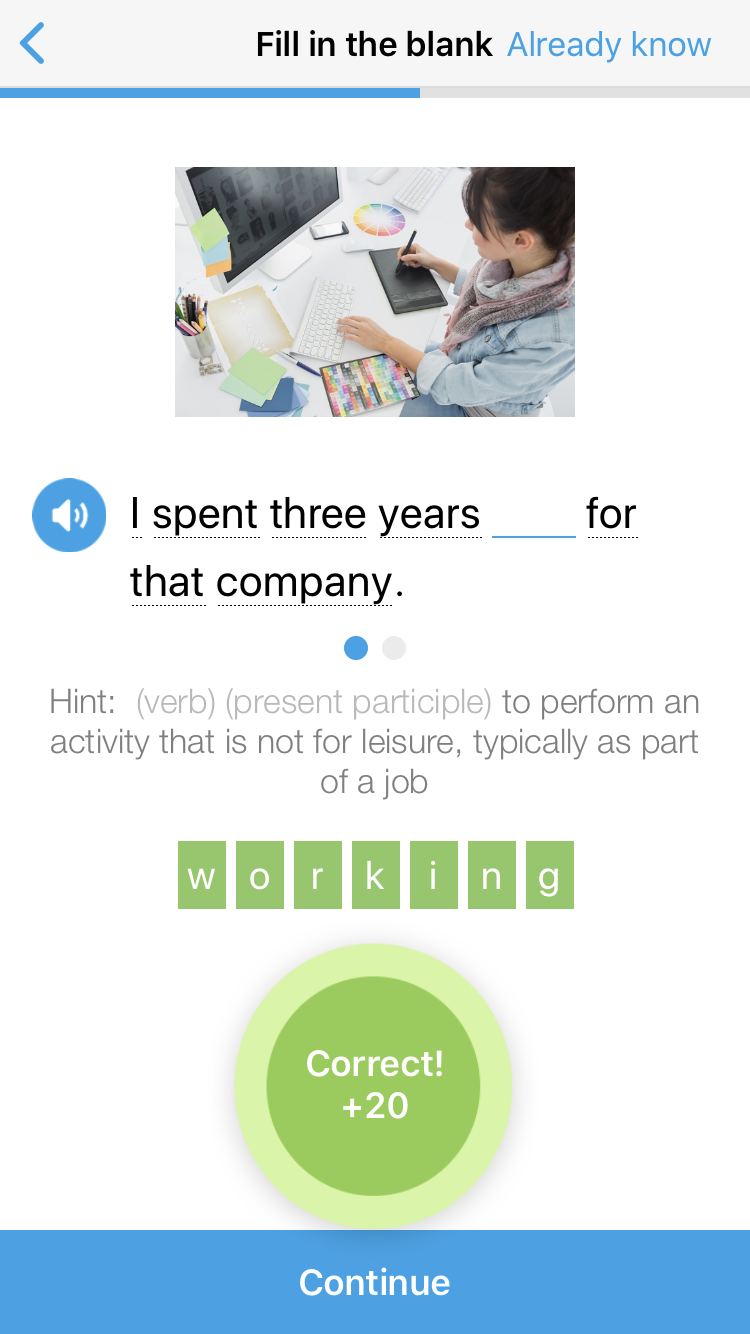Which Of The Following Will Make Your Writing More Formal?
Every day in middle school, I would pick up a new slang word from my friends.
I felt pretty cool using them, until I accidentally cursed in front of my parents.
But instead scolding me for my impolite language, my parents gave me a long lecture.
It was all aboutformal English, and how important it is to know the difference between polite and informal language.
Formal English should be used at the workplace and school, with people you don't know very well and any other situation where you want to appear professional and polite.
Of course, the line between formal and informal English can be a bit blurry at times. It's not simply a matter of avoiding rude slang words (although that's important!).
There are some English words that you might use all the time, without realizing there are more formal alternatives.
In this post, we'll show you how to easily speak formal English like a native by simply making some adjustments to your vocabulary.
Download: This blog post is available as a convenient and portable PDF that you can take anywhere. Click here to get a copy. (Download)

What Formal English Can Do for You
Mastering formal English will take you a long way in life. Here are some of the numerous benefits it'll bring you.
- Create wonderful first impressions: Whether it's an interview, a first day at a new job or meeting your in-laws, formal language skills will surely impress the English-speakers you meet.
- Become more confident, diplomatic and persuasive: When you know how to speak politely but firmly, you'll become more comfortable with yourself as an English speaker and will fit in naturally in many situations.
- Make valuable connections in networking events: Formal English makes it easier for you to approach other people and communicate clearly in professional settings.
- Automatically improve your writing skills: Work emails, cover letters, reports or essays all require formal English skills. If you master formal English your writing skills will automatically be better and more versatile. This is a crucial skill for an advanced learner of English.
- Deliver better talks and presentations: You won't ever be nervous before a conference and people will actually be interested in hearing what you have to say!
5 Rules of Formal English (With Lots of Words You Can Use Right Away)
Formal English isn't a new language or very different from the English you're familiar with. It's just more "official" and grammatically precise.
In fact, much of formal English relies on simplysubstituting a common, colloquial word for a more formal one.
Knowing the right words for the right situation is a skill that every confident speaker has mastered. You can do the same by gradually expanding your formal vocabulary.
Below, we'll show you some formal alternatives to common informal words you may already use regularly. Then we'll show you formal alternatives to other types of English words in both spoken and written English.

To truly master the difference between informal and formal English, practice with real English videos on FluentU.
FluentU takes real-world videos—like music videos, movie trailers, news and inspiring talks—and turns them into personalized language learning lessons.
For example, compare the casual English in this joke song to the structured, polite language in this news report about (very!) young entrepreneurs.
Better yet, you never have to worry about missing a word. Every FluentU video comes with interactive captions, flashcards, fun quizzes, vocabulary lists and more so you actively improve your English while you watch. Take this immersive practice anywhere on the iOS or Android apps.
1. Remember These Formal Alternatives to Common Informal Words

These are just some of the most common formal/informal word pairings you can consider. For a longer list, you can check out the helpful charts on engVid as well as this free PDF guide that even comes with some practice exercises.
Instead offind out, useascertain.
We need to ascertain who to speak with about this issue.
Instead ofsorry, useI apologize.
I apologize for the technical errors.
Instead ofshow, usedemonstrate.
This report demonstrates the importance of widening our audience.
Instead ofI think, useIn my opinion.
In my opinion, the best course of action is…
Instead ofpricey orcostly, useexpensive.
That shipping service may be too expensive for our budget.
Instead oflet, usepermit orallow.
Would you allow me to sit at this table?
2. Swap Formal for Informal Plurals
Avoid casual words liketons, loads or heaps.
Instead, you can usemany, much or several.
Informal: "I have tons of books on this topic at home."
Formal: "I have several books on this topic at home."
3. Use "Could" and "May" Instead of Informal Modals
Modal verbs are a type of "helping verb" that often express permission, necessity or possibility.
For example, in the sentence "Tim can direct the project,"can is the modal verb indicating that Tim has permission to direct the project. In English, some modal verbs are considered more formal or polite than others. Some common examples are below.
Instead of can, use could. This is especially important when asking questions.
We could make a reservation for your clients at the bistro.
Could I use your restroom, please?
Instead ofmight, usemay.
I may schedule the meeting for Friday, depending on her schedule.
May is another formal alternative forcan in questions or when expressing permission.
May I use your restroom, please?
You may leave work early.
4. Avoid Abbreviations and Short Forms
Short forms and abbreviations are usually spelled out fully in formal written English.
For instance, we saycell phone or mobile phone instead of cell, examination instead of exam, television instead of telly or TV and photograph instead ofpic.
Could you please repeat your cell phone number?
The date of the examination is March 23.
This photograph needs more editing before it is published.
Spell out common abbreviations like as soon as possible instead of simply typing ASAP and congratulations instead of congrats.
Could you send me the report as soon as possible? Thanks!
Congratulations on your new job, Tom! I am extremely proud of how far you have come.
Similarly, be sure to avoid text-speak or internet slang in formal contexts, even in emails.
So if someone says or writes something funny, make sure you don't reply with "lol :)" or "lmao" or "omg!"
Instead, you can respond with "That is hilarious!" or something similar.
5. Write with Formal Greetings and Farewells
Just like how you call others by their titles in a formal setting, as indicated in this FluentU YouTube video, you also use such titles when it comes to written correspondences.
To learn more about how to learn English, don't forget to subscribe to FluentU on YouTube.
In emails, letters, memos and other forms of official correspondence, you also need to make sure you're addressing the recipient politely.
Begin with a formal greeting. Use Dear [name/title] as opposed tohey,hi, etc.
Dear clients.
Dear Anush…
Keep it formal and simple by signing off withSincerely. Avoid more informal sign-offs likecheers orbest.
Sincerely,
Dr. Doe.
Formal English is bound by a few simple rules, so learning it shouldn't pose a problem. In fact, once you're used to formal English, switching back and forth between formal and informal language becomes easy. Developing a formal vocabulary will take some time, but it will be a rewarding and enriching exercise. Learn and use a few words each day! And if you supplement your learning with real-world conversations with friends and colleagues, you're all set to become a fluent and confident speaker of the English language.
Archita Mittra is a freelance writer, journalist, editor and educator. Feel free to check out her blog or contact her for freelancing/educational inquiries.
Download: This blog post is available as a convenient and portable PDF that you can take anywhere. Click here to get a copy. (Download)
And One More Thing...
If you like learning English through movies and online media, you should also check out FluentU. FluentU lets you learn English from popular talk shows, catchy music videos and funny commercials, as you can see here:

If you want to watch it, the FluentU app has probably got it.
The FluentU app and website makes it really easy to watch English videos. There are captions that are interactive. That means you can tap on any word to see an image, definition, and useful examples.

FluentU lets you learn engaging content with world famous celebrities.
For example, when you tap on the word "searching," you see this:

FluentU lets you tap to look up any word.
Learn all the vocabulary in any video with quizzes. Swipe left or right to see more examples for the word you're learning.

FluentU helps you learn fast with useful questions and multiple examples. Learn more.
The best part? FluentU remembers the vocabulary that you're learning. It gives you extra practice with difficult words—and reminds you when it's time to review what you've learned. You have a truly personalized experience.
Start using FluentU on the website with your computer or tablet or, better yet, download the FluentU app from the iTunes or from the Google Play store.
If you liked this post, something tells me that you'll love FluentU, the best way to learn English with real-world videos.
Experience English immersion online!
Which Of The Following Will Make Your Writing More Formal?
Source: https://www.fluentu.com/blog/english/formal-english/
Posted by: phelpspriever.blogspot.com

0 Response to "Which Of The Following Will Make Your Writing More Formal?"
Post a Comment